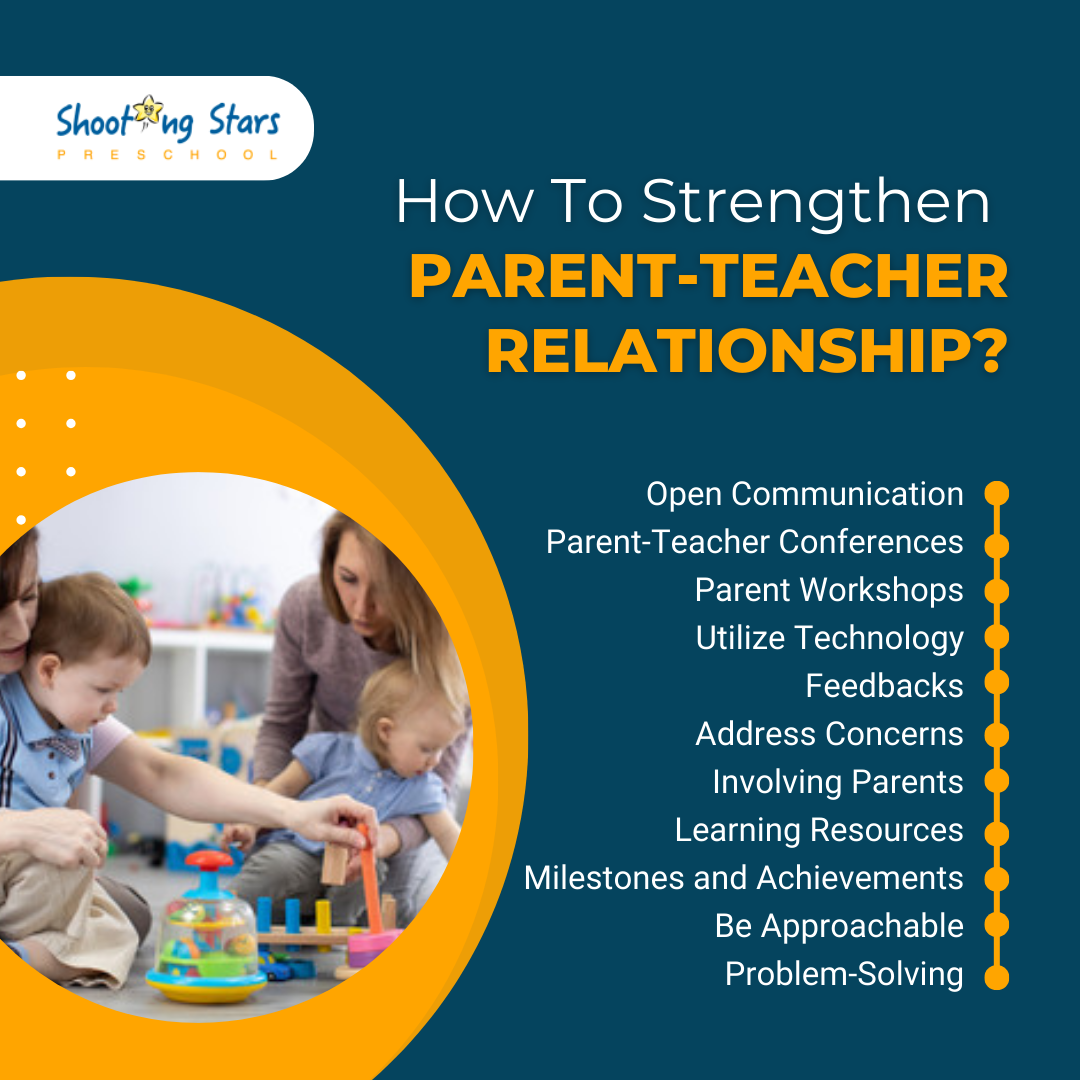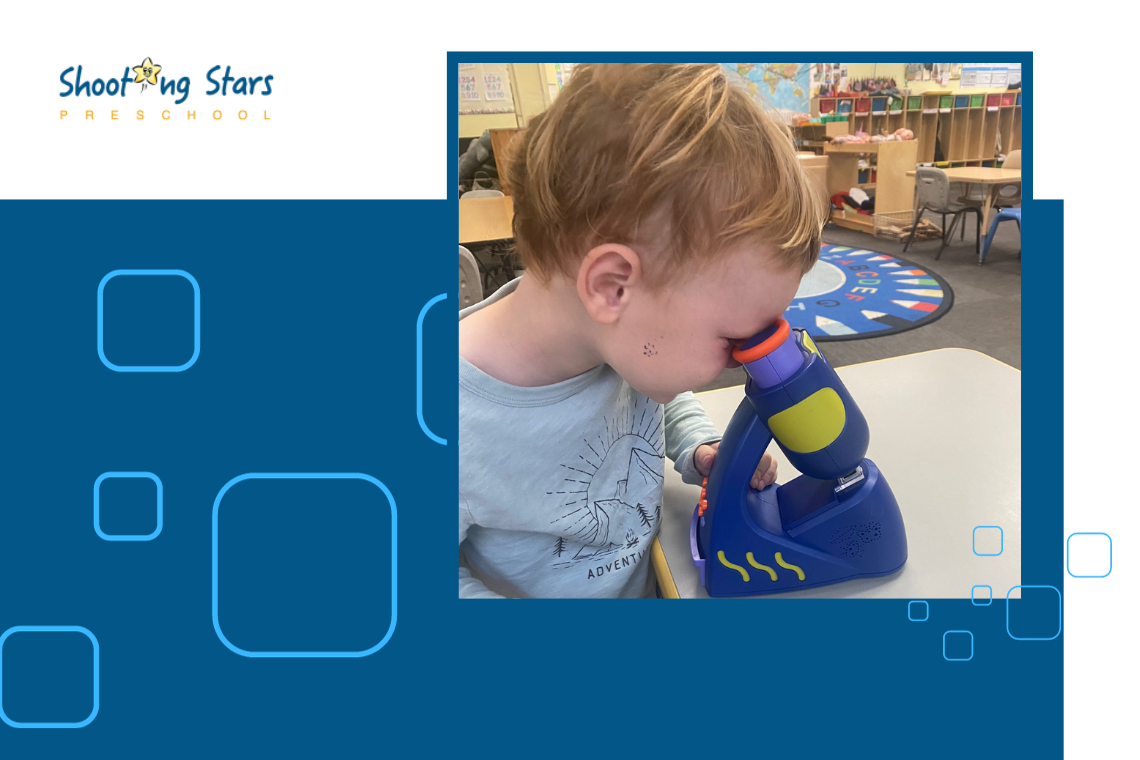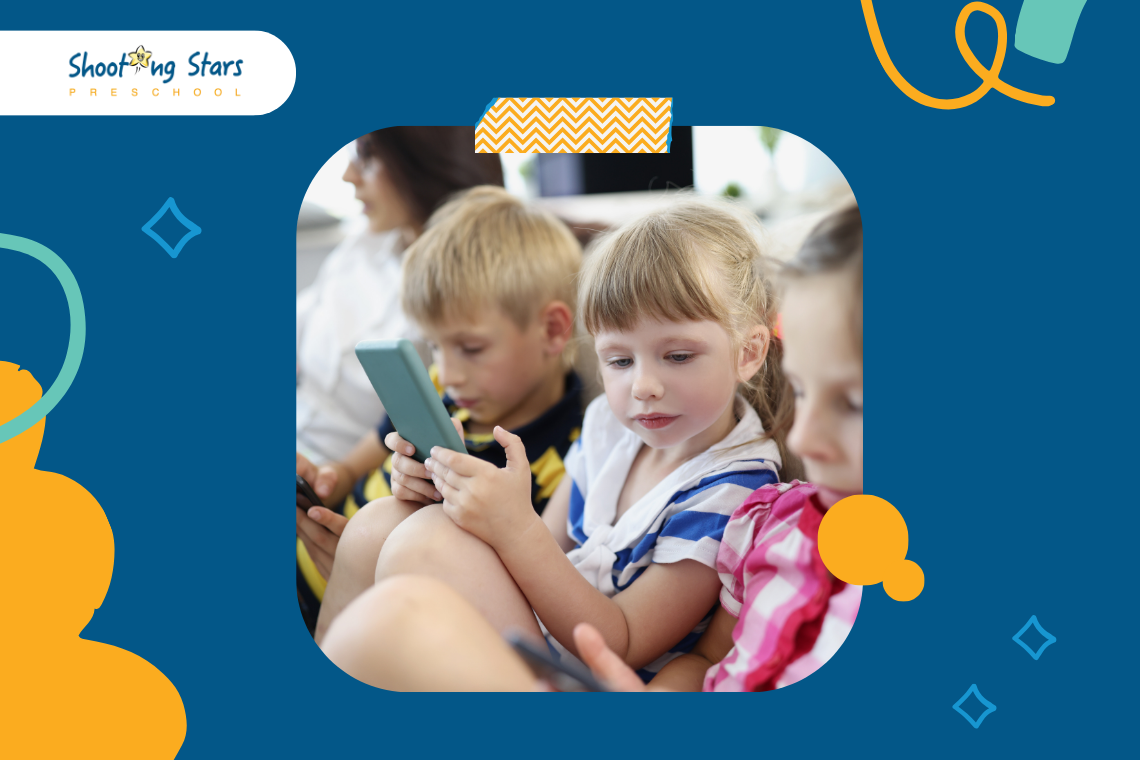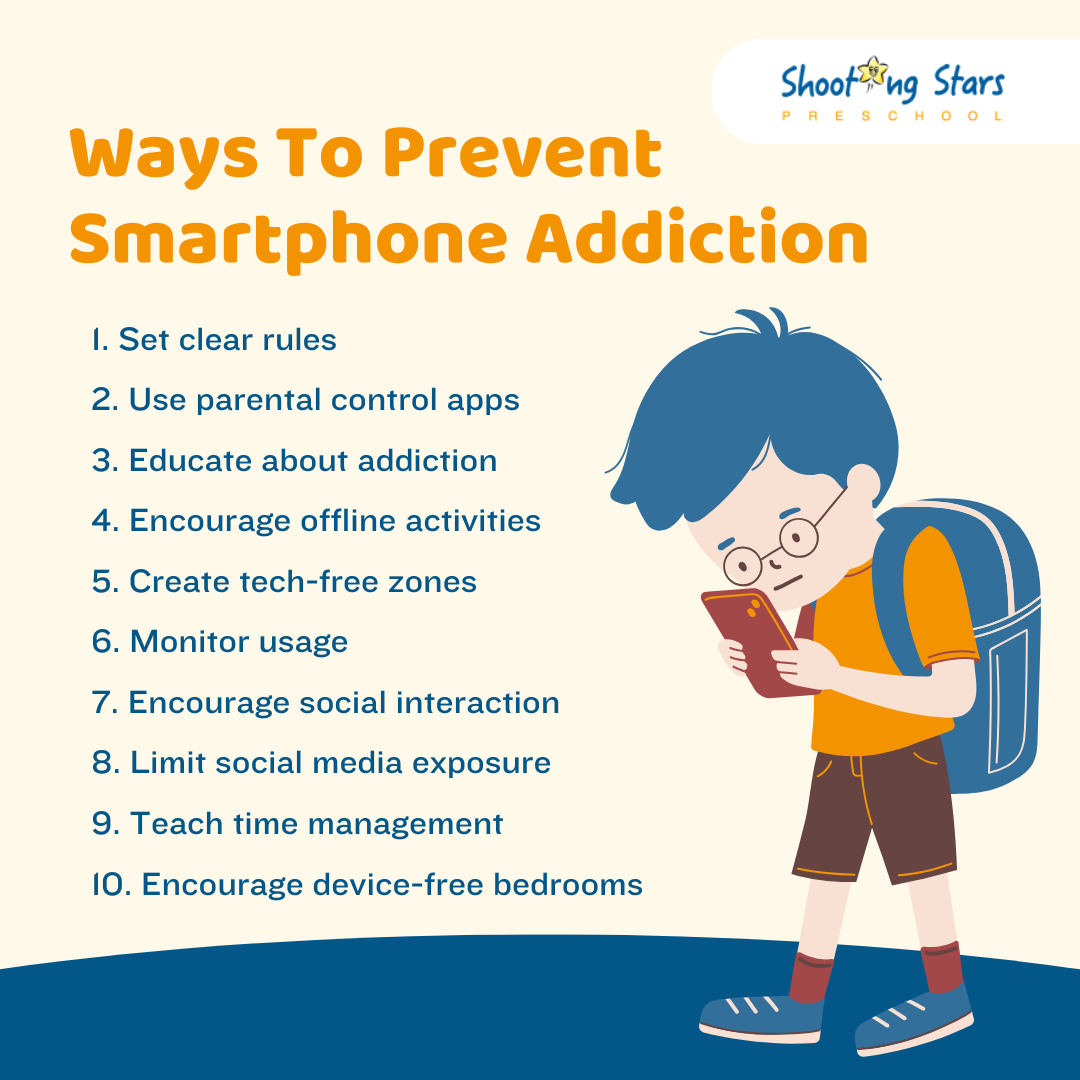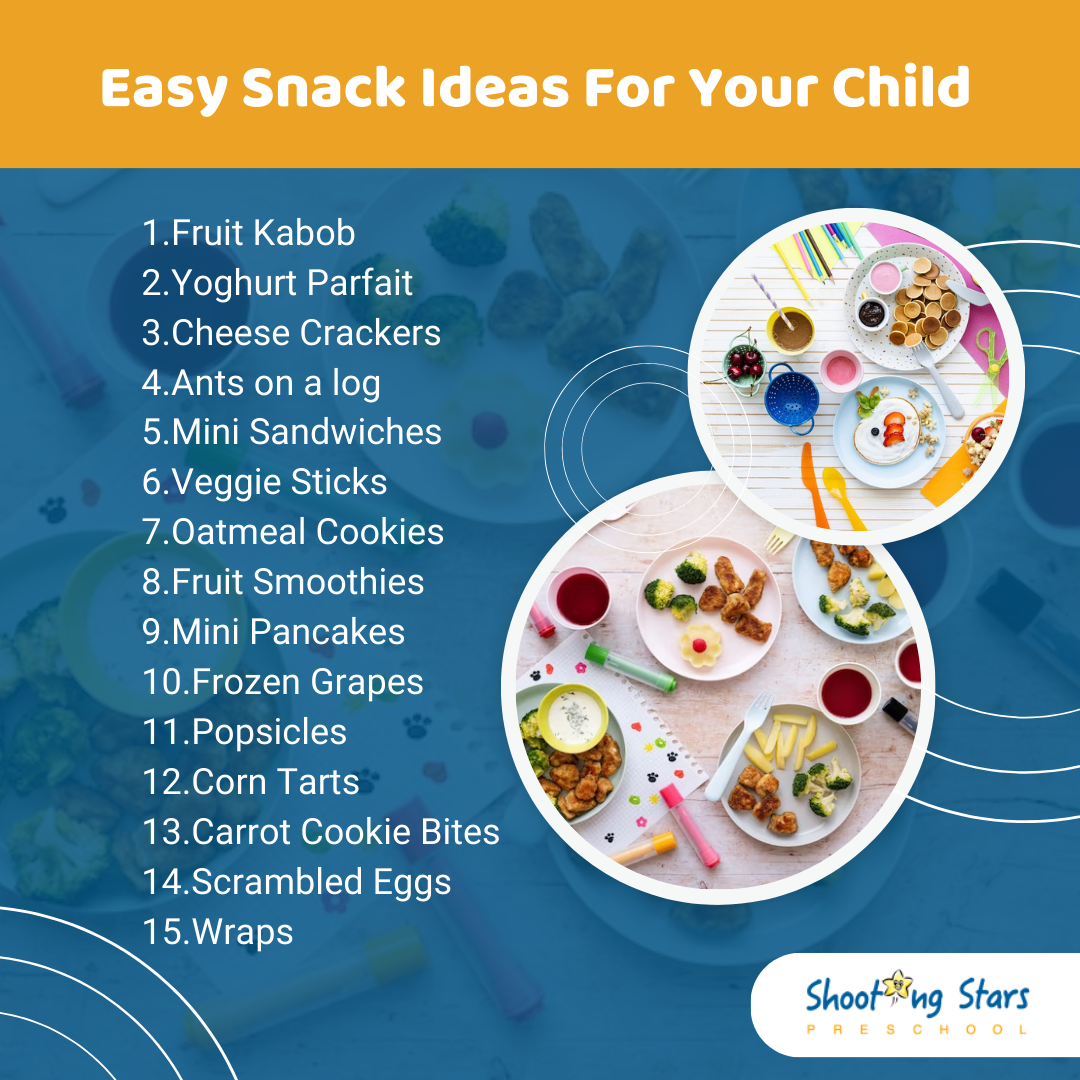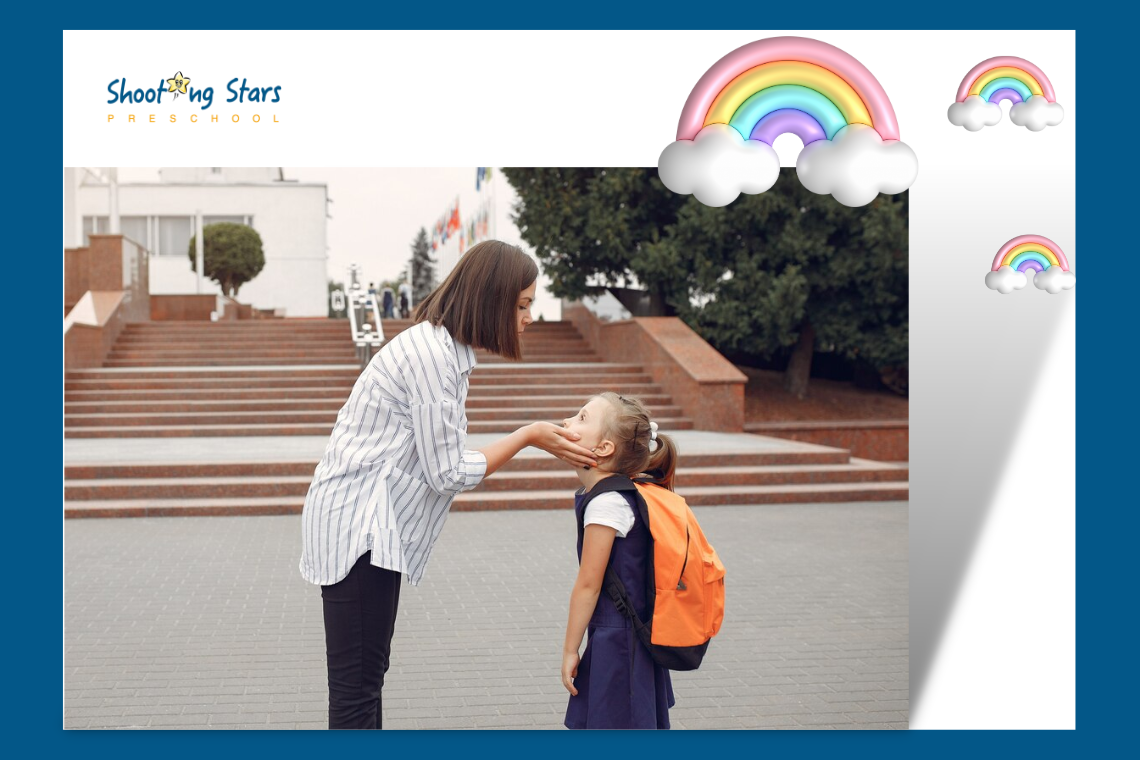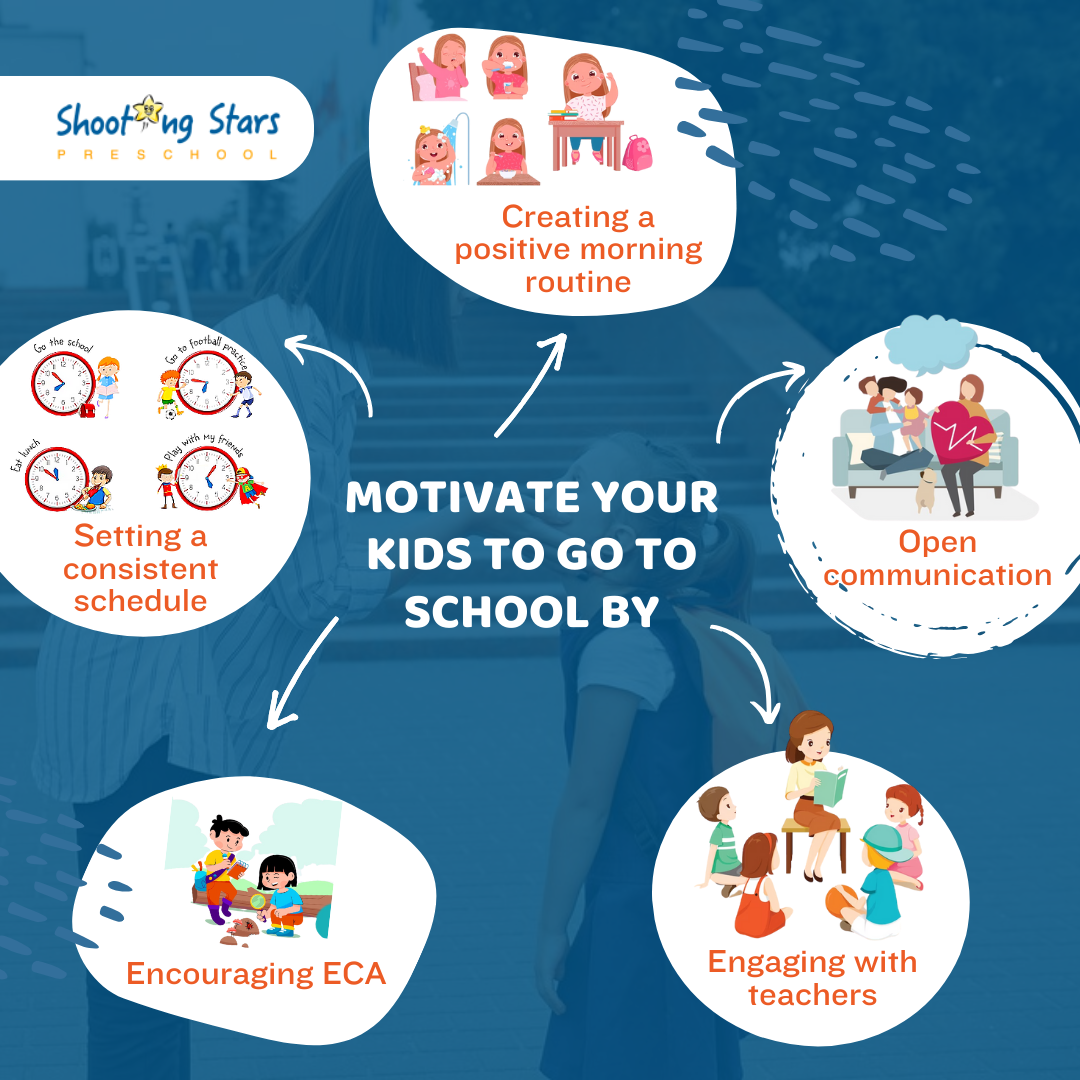|
The preschool years are a crucial time in a child's education, laying the foundation for their academic and social development. As parents, teachers, and caregivers, we play a pivotal role in shaping a child's school experience. One key factor that significantly influences a learning journey is the strength of the parent-teacher relationship. Research shows that a positive partnership between parents and preschool teachers greatly increases a student's chances of academic success and overall well-being. As the school year begins, both parents and teachers embark on a shared mission—to provide kids with the best possible start to their education. Tutors and parents must strive for effective communication throughout the school year. Preschool lays the groundwork for a child's future success, not only academically but also in developing lifelong skills. Interpersonal skills, emotional intelligence, and a positive attitude toward learning are all cultivated during these early years. The Preschool in Dublin creates a positive and collaborative environment that fosters a strong parent-teacher relationship that contributes to the overall success and well-being of the children. How To Strengthen Parent-Teacher Relationship?Strengthening the parent-teacher relationship is essential for the overall development and success of a child. Here are some effective ways to enhance and nurture this crucial partnership:
Significance Of Teacher-Child RelationshipA child's teacher plays a pivotal role in children's education, as research shows that when children's teachers effectively communicate with parents, address opportunity gaps, and work in strong partnerships, they greatly increase the chances of student academic achievement, improved behavior, and ensuring that schools and home are both on the same page in strengthening parents' capacity to support their child's education, even on a busy day. Research conducted by co-principal investigators reveals that fostering effective school-home communication, where teachers actively reach out and provide extra support, has been identified as a key factor in greatly improving various aspects of student work to develop lifelong skills. The teacher-child relationship in kindergarten is critically important for several reasons, as it forms the foundation for a child's overall development and early educational experiences. Here are key reasons highlighting the significance of a strong teacher-child relationship in preschool:
In essence, the teacher-child relationship in preschool is a cornerstone of early childhood education. It goes beyond imparting academic knowledge; it shapes a child's emotional intelligence and attitude toward learning. Establishing a positive and nurturing learning atmosphere sets teachers lay the groundwork for a child's future success in both school and life. ConclusionBuilding a strong parent-teacher relationship is not just a nicety—it is a necessity for the holistic development of the child. The collaboration between parents and teachers sets the stage for a positive and enriching school experience, helping children develop the skills they need for a lifetime of learning. As we navigate the busy days of the school year, let us remember the profound impact that effective communication, positive relationships, and a shared commitment to a child's education have on their present and future success. Parents and teachers should collaboratively create a supportive and nurturing environment that propels every child toward academic excellence and the development of personal skills. Do you ever wonder what magic happens when we add a little 'Art' component to the world of Science, Technology, Engineering, and Mathematics? What if we told you that STEAM is more than just an acronym – it's the key to unlocking a world of creativity, innovation, and boundless curiosity in your child's early education journey. Well! STEAM is an acronym that stands for science, technology, engineering, arts, and mathematics. The main difference is that arts are incorporated, ranging from visual arts, literary arts, and physical arts to music and more. STEAM education focuses on igniting imagination and creativity via the arts in ways that are naturally aligned with STEM study. In this article, let's embark on a whimsical adventure to discover what STEAM education in preschool entails and how it's not just different from STEM but also adds a touch of artistic fun to your child's learning experience. STEAM vs. STEM - What's the Buzz?Now, what sets STEAM apart from STEM? The answer is simple - "the infusion of Art!!" STEM fields, while undeniably important, leave out the artistic component. By adding the 'A' to STEM, we transform it into STEAM, recognizing the incredible influence that Art teaching has on a child's development. It's like putting a sprinkle of fairy dust into an already magical mix! 'STEAM' - Explained
The Preschool in Dublin encourages kids to use critical innovation and engineering approaches while also teaching them skills such as exploration and intuitive creativity. Five Benefits Of STEAM Education For PreschoolersSTEAM education for preschoolers is a gateway to a world of imagination and exploration, offering a holistic approach that cultivates creativity, critical thinking, and a range of invaluable benefits for their early childhood development: 1. Cultivating Creative Thinkers: Nurturing Imagination Implementing the STEAM approach sparks curiosity from a young age, such as in kindergarten, creating an environment where toddlers can develop imaginative thinking skills. In a STEAM curriculum, children are encouraged to explore, experiment, and see things from new perspectives. For example, they might be asked to build cars using modeling clay, allowing them to unleash their cognitive and problem-solving skills. This interdisciplinary approach sets the stage for a better holistic learning experience. 2. Fostering Critical Thinkers: Nurturing Inquisitiveness The STEAM curriculum goes beyond passive learning; it encourages toddlers to analyze, compare, and contrast information. Instead of memorizing facts, children are encouraged to ask open-ended questions that stimulate discussion and deeper understanding. For instance, they might investigate why certain materials float while others sink, promoting curiosity and critical thinking. Allowing children to explore and learn independently empowers them to become more resourceful problem solvers. 3. Promoting Collaboration: Building Together Implementing STEAM projects aren't just about individual learning; they also emphasize teamwork and social interactions. Children engage in classroom activities that encourage cooperation and complete projects in a healthy environment. For instance, they may work together to construct a tower from various materials, combining mechanical concepts with creativity. This collaborative aspect of STEAM skills prepares children to work effectively in groups, an integral part of their future. 4. Enhancing Communication Skills: Expressing Ideas Experimenting and playing with peers in a STEAM environment improves communication skills. Children learn new words and phrases through hands-on activities, enriching their vocabulary. This language development not only aids in better self-expression but also fosters improved relationships with parents and peers. As children become more comfortable conversing with others, they gain valuable life skills. 5. Encouraging Self-Discovery: Unearthing Hidden Talents STEAM education allows children to explore a wide array of hobbies and interests. Through early childhood education and various activities, they can discover different disciplines of Engineering, Art, and Mathematics. For example, playing musical instruments or engaging in art activities at a young age can cultivate a child's love for music or art. This early exploration doesn't just stop at hobbies; it also fosters open-mindedness and self-awareness as young learners recognize their strengths and areas for growth. STEAM learning provides:
Enroll Your Little Stars in Shining 'STEAM' Stars
If you haven't enrolled your child in STEAM learning yet, now is the perfect time to let them shine as Shooting Stars. The STEAM curriculum not only educates on Science, Technology, Engineering, Art, and Mathematics but also encourages creativity, critical thinking, and observation skills. Seize the opportunity to fuel young learners with a fun and interactive world of STEAM learning, where they'll be the brightest Shooting Stars in the sky, destined to illuminate their real-life path with a positive attitude and lifelong love for learning.
Smartphone addiction in kids, often referred to as problematic or excessive smartphone use, is a behavioral disorder characterized by the compulsive and excessive use of smartphones, which interferes with a child's daily life, activities, and well-being. It can lead to various negative consequences and can affect the child from a very early stage-as early as the kindergarten stage.
Though smartphones are useful for kids in terms of learning and communication, parents need to set limits, monitor usage, and ensure age-appropriate content to balance their screen time and protect their well-being from a very early stage.
Factors Contributing To Smartphone Addiction In Children1. Easy accessibility
The widespread availability of smartphones makes them easily accessible to children, increasing the likelihood of excessive use.
2. Peer pressure
Children often want to fit in with their peers, and if their friends are using smartphones extensively, they may feel pressured to do the same.
3. Entertainment and social media
Smartphones offer a wide range of entertainment and social media platforms that can be highly engaging for children, encouraging prolonged use.
4. Parental role modeling
If parents themselves are constantly on their smartphones, children may mimic this behavior, considering it normal.
5. Instant gratification
Smartphone apps and games often provide instant rewards and feedback, which can be addictive for children seeking immediate satisfaction.
6. Escapism
Some children may use smartphones as a way to escape from real-life problems or stressors.
7. Fear of missing out (FOMO)
Social media can instill a fear of missing out on what peers are doing, leading children to check their phones frequently.
8. Lack of alternative activities
If children don't have access to or are not encouraged to participate in other offline activities, they may switch to smartphones for entertainment.
9. Boredom
Smartphones can be a quick solution to boredom, and if children are not engaged in other meaningful activities, they may rely on their devices for constant stimulation.
10. Educational use
While smartphones can be beneficial for education, excessive educational app usage can also contribute to smartphone addiction.
11. Parental permissiveness
If parents do not set limits on screen time or are permissive about smartphone use, children may not learn to moderate their usage.
Parents and caregivers need to be aware of these factors and take proactive steps to mitigate the risks of smartphone addiction, such as setting limits, promoting alternative activities, and fostering responsible digital behavior.
Shooting Star Preschool in Dublin provides an activity schedule and encourages children to engage in all activities.
Signs Of Smartphone Addiction1. Excessive screen time
Spending an excessive amount of time on their smartphone, often to the detriment of other activities.
2. Neglecting responsibilities
Failing to complete schoolwork, chores, or other responsibilities due to smartphone use.
3. Withdrawal symptoms
Becoming irritable, anxious, or agitated when not allowed to use their smartphone.
4. Preoccupation
Constantly thinking about or wanting to use the smartphone, even in inappropriate situations.
5. Loss of interest
A decrease in interest in other hobbies or activities they previously enjoyed.
6. Hiding usage
Being secretive about smartphone use, such as hiding or lying about screen time.
7. Social isolation
Withdrawing from in-person social interactions to spend more time on the phone.
8. Sleep problems
Experiencing sleep disturbances due to late-night smartphone use.
9. Declining academic performance
A noticeable drop in school grades and performance.
10. Physical health issues
Suffering from physical health problems like eye strain, headaches, or posture-related issues.
11. Mood changes
Displaying mood swings, increased irritability, or signs of depression or anxiety related to smartphone use.
12. Neglecting basic needs
Skipping meals or neglecting personal hygiene due to excessive smartphone use.
If you observe multiple of these indicators in a child, it could suggest they have developed smartphone addiction, and it's crucial to tackle the problem by engaging in open dialogue, establishing boundaries, and, if necessary, seeking professional assistance.
It is also necessary for parents to actively manage and monitor their child's smartphone use to mitigate these disadvantages and provide guidance on responsible and balanced screen time.
Preventing Smartphone Addiction In Kids
Preventing smartphones in children requires proactive steps and guidance.
1. Set clear rules and boundaries
Establish specific guidelines for smartphone use, including time limits, places where they can use the device, and which apps or content are appropriate.
2. Use parental control apps
Consider using parental control apps to monitor and restrict screen time, block inappropriate content, and track app usage.
3. Educate about addiction
Teach your child about the dangers of smartphone addiction and how it can affect their physical and mental health.
4. Model healthy behavior
Parents can set a responsible example for their children by demonstrating appropriate smartphone usage.
5. Encourage offline activities
Promote offline activities like sports, hobbies, reading, and creative play to reduce the time spent on smartphones.
6. Create tech-free zones
Designate certain areas or times in your home as smartphone-free, such as during family meals or before bedtime.
7. Reward responsible use
Offer positive reinforcement, like additional privileges or rewards for responsible smartphone use and adhering to screen time limits.
8. Open communication
Maintain open and non-judgmental communication with your child. Please encourage them to talk about their experiences and challenges with smartphone use.
9. Monitor usage
Regularly check your child's smartphone usage and ensure they're not using it excessively or engaging in inappropriate activities.
10. Teach time management
Please help your child learn time management skills so they can balance their responsibilities and leisure activities effectively.
11. Encourage social interaction
Encourage in-person social interactions with friends and family. Plan activities that involve face-to-face communication.
12. Limit exposure to social media
Delay the introduction of social media accounts until your child is mature enough to handle them responsibly.
13. Promote self-awareness
Teach your child to be mindful of their screen time and recognize when they're spending too much time on their device.
14. Provide alternatives
Offer alternative entertainment and learning options that don't involve smartphones.
15. Support offline learning
Encourage learning experiences without screens, such as reading books, visiting museums, or engaging in hands-on educational activities.
16. Device-free bedrooms
Research suggests that smartphones can have harmful effects on sleep.
Having your phone close to you in bed may lead to the temptation of checking it before going to sleep or right after waking up. Furthermore, its presence in the bedroom can also cause sleep disturbances due to notifications and the blue light that the device emits. Maintaining a phone-free bedroom can help alleviate phone addiction and promote better sleep hygiene.
Conclusion
Preventing smartphone addiction is an ongoing process that involves guidance, monitoring, and fostering a healthy balance between technology and other aspects of life. Tailor your approach to your child's age, maturity, and individual needs. Remember that it's required to strike a balance, as smartphones are increasingly integrated into daily life. The goal is not to keep kids away from smartphones entirely but to ensure they use them in a healthy and controlled manner.
When it comes to kids, snacking is important to keep their energy levels up. When choosing snacks for your little ones, remember to choose options that provide essential nutrients besides calories.
Sometimes, a snack can compensate for a missed portion of a meal. It's also a good idea to make snacks in sizes that can be easily eaten on the go. While snacking is important, monitoring your child's snack intake and regulating what and when they eat is important. Mix your daily routine and make healthy eating fun. And remember, it shouldn't be boring!
Why Is A Nutrition Diet Important For Toddlers?
Balanced nutrition is crucial for toddlers in their preschool and kindergarten stage because it supports their growth and development during this critical stage of life. Here are some reasons why it's important:
1. Growth and Development
Toddlers experience rapid physical and cognitive development. A balanced diet provides essential nutrients like carbohydrates, fats, vitamins, minerals, and protein that are necessary for healthy growth and brain development.
2. Immune System Support
Proper nutrition helps boost the toddler's immune system, reducing the risk of infections and illnesses.
3. Energy and Activity
Toddlers are often very active, and a balanced diet provides the energy they need for physical activities and play.
4. Cognitive Function
Nutrients like omega-3 fatty acids and minerals like iron are important for cognitive function, memory, and concentration.
5. Bone and Teeth Health
Calcium and vitamin D are vitally important for strong bones and teeth, which are developing rapidly in toddlers.
6. Establishing Healthy Eating Habits
Introducing a variety of nutritious foods at a young age can help establish lifelong healthy eating habits.
7. Avoiding Nutritional Deficiencies
A balanced diet helps prevent nutrient deficiencies, which can lead to health issues.
Overall, providing balanced nutrition to toddlers sets the foundation for their future health and well-being.
Essential Nutrients To Include In Child's Diet
As a parent, you know that your child's growth and development depend on the nutrients they consume. Here are some essential nutrients that your child should get daily.
Shooting Stars Preschool in Dublin encourages children to engage in cultivating an enthusiasm for nutritious snacks by creatively and innovatively highlighting their benefits.
Easy And Toddler-Friendly On-The-Go Snack Ideas And Recipes
Children who attend nursery and preschool are usually toddlers and generally tend to be picky eaters. It is a challenging task to make healthy ingredients attractive to the kids. Exploring creative ideas, incorporating different ingredients, and combining them with nutrition help accomplish the mission. Here are a few such recipes you must try on.
1. Fruit Kabobs
Thread small pieces of colorful fruits onto skewers for a fun and healthy snack.
2. Yogurt Parfait
Place layers of yogurt with granola and fresh berries for a tasty and nutritious treat.
3. Cheese and Whole Grain Crackers
Provide bite-sized cheese cubes with whole-grain crackers for a simple and protein-rich snack.
4. Ants on a Log
For a fun snack, spread cream cheese or peanut butter on celery sticks and sprinkle with raisins.
5. Mini Sandwiches
Create small sandwiches with peanut butter and banana slices or cream cheese and cucumber slices. Tunas with fresh vegetables also excite toddlers.
6. Veggie Sticks and Hummus
Offer carrot, cucumber, or bell pepper sticks with a side of hummus for dipping.
7. Oatmeal Cookies
Bake cookies with added fruits like raisins or apple sauce for a sweet and nutritious treat. Ragi, granules, and almonds are also better options for cookies.
8. Fruit Smoothies
Blend yogurt, frozen fruit, and a splash of juice for a refreshing and vitamin-packed smoothie.
9. Mini Pancakes
Make small, bite-sized pancakes and serve them with a dollop of yogurt or a drizzle of honey.
10. Frozen Grapes
Freeze grapes for a cool and naturally sweet snack that toddlers love.
11. Popsicles
Popsicles with different flavors of fresh fruits are some things the child could never deny.
12. Oats Cakes
Serve a plate of mini cakes with hidden vegetables like carrots and the goodness of oats.
13. Savoury Corn Tarts
These savory maize tarts are gluten-free and filled with delicious cheese and vegetables. They're a clever way to get your child to eat healthily, and these little tartlets work like a charm.
14. Dates and Cashew Vegan Balls
These bite-sized rounds are a wholesome and delicious snack for kids, made with dates, cashews, and coconut.
15. Carrot Cookie Bites
The aroma of these soft and delicious baking cookies is irresistible! I'm always asked for the recipe.
16. Scrambled eggs
Muffin-baked scrambled eggs also join the menu list as an attractive snack option.
17. Wraps
Traditional wraps can be replaced with options such as fruits and nuts on a chocolate spread or a jam.
18. Smoothies
Different flavors of fruit smoothies topped with a little tint of the kid's favorite ice cream flavor are always a hit with toddlers.
Conclusion
Remember always to supervise toddlers while they're eating and be mindful of any allergies they may have. Adjust the serving sizes to match their appetite and age. When creating a diet chart, parents must consider a child's health, allergies, digestive capacity, and absorption capacity, as every child is different.
Motivating young kids to attend school and excel in their academic journey is a common concern for parents and guardians. A child's school attendance and enthusiasm for learning can significantly impact their academic achievement and overall well-being. Today, we will explore ways to encourage kids to respond positively to schools, support kids' progress, and foster a love for learning. From understanding the power of motivation to practical tips for younger and older kids, we'll cover it all to help you become a motivating force in your child's academic journey. Motivating Kids To Go To SchoolHere are a few action items for you to ensure your kid's positive response to pursuing schooling
Motivating Your Kids For Kindergarten: Building A Positive StartIt is essential to ensure a smooth and positive transition to this new phase of their life. Here are some tips to help motivate and prepare your child for kindergarten:
Shooting Stars Preschool in Dublin, is known for enriching programs supporting young children's development life cycle and growth. Use Extrinsic MotivationIt involves encouraging or motivating someone to perform a task or achieve a goal through external rewards. While intrinsic motivation is generally more effective for long-term engagement and learning, incentives can be useful in some situations.
Remember that extrinsic motivation should ideally complement intrinsic incentives rather than replace them. The goal should be to gradually transition individuals to self-motivation and inculcate genuine curiosity in the assignments given to the kids. Children receive a high-quality early education in a creative and nurturing environment at the Shooting Stars Preschool. The Toddler Program at our local playschool center focuses on fostering early social skills and independence in young children. Final ThoughtsEncouraging kids to go to school and excel academically involves a combination of strategies that cater to their individual needs and interests. It requires a collaborative effort between parents, teachers, and students themselves. By nurturing intrinsic inspiration, providing positive reinforcement, and creating a supportive learning environment, parents can significantly contribute to their children's academic success and overall well-being.
|


